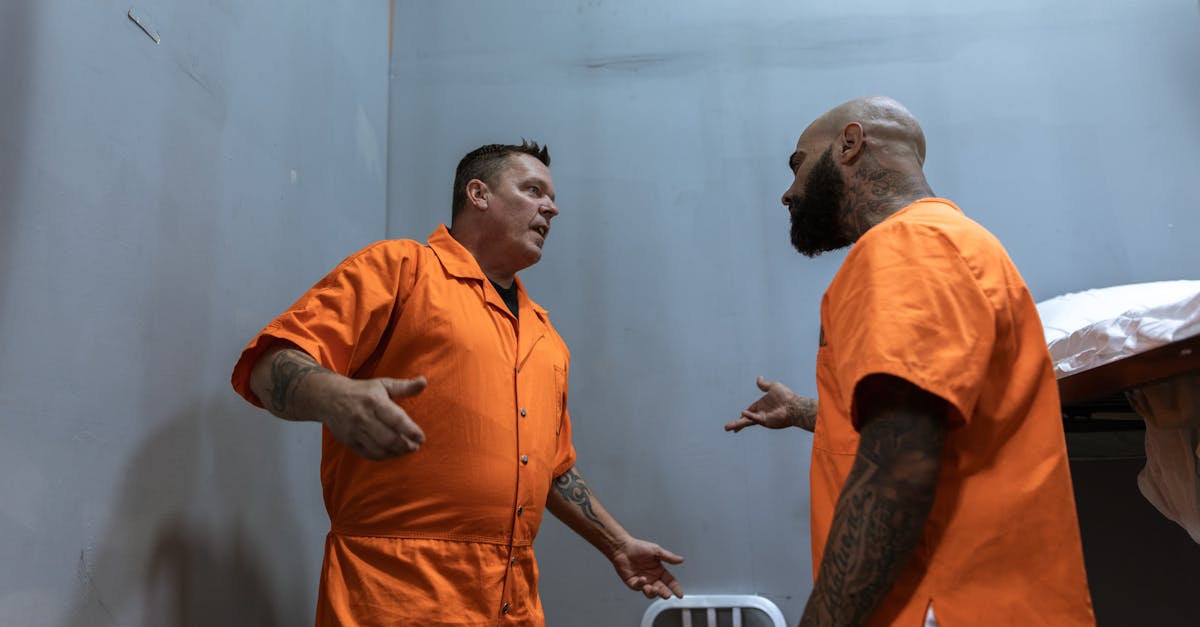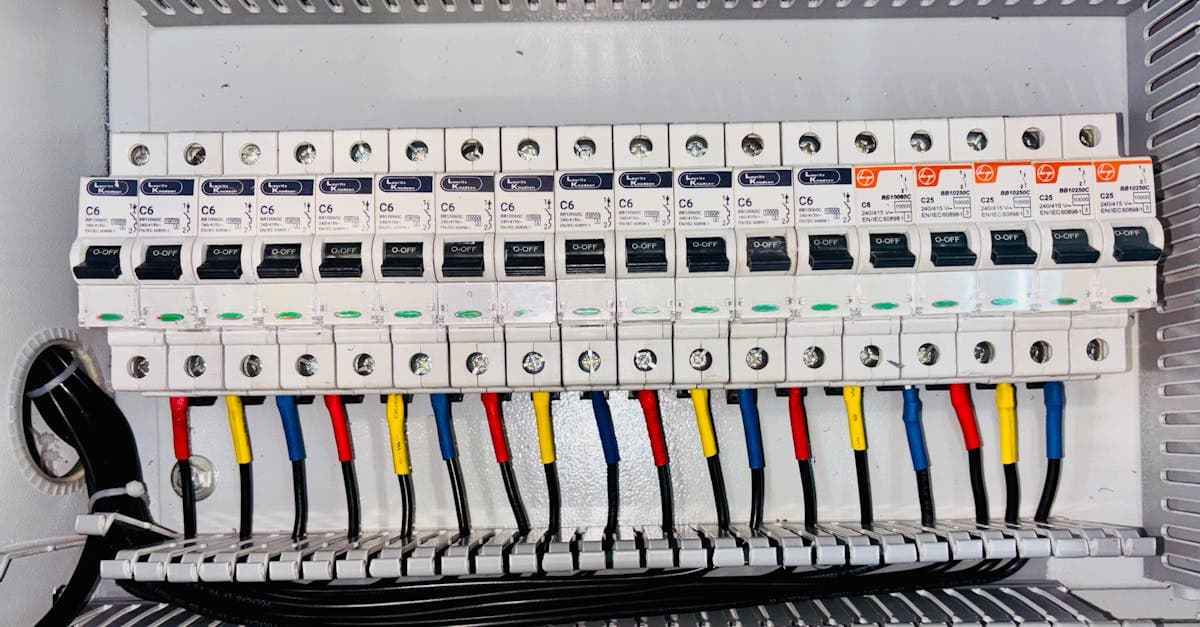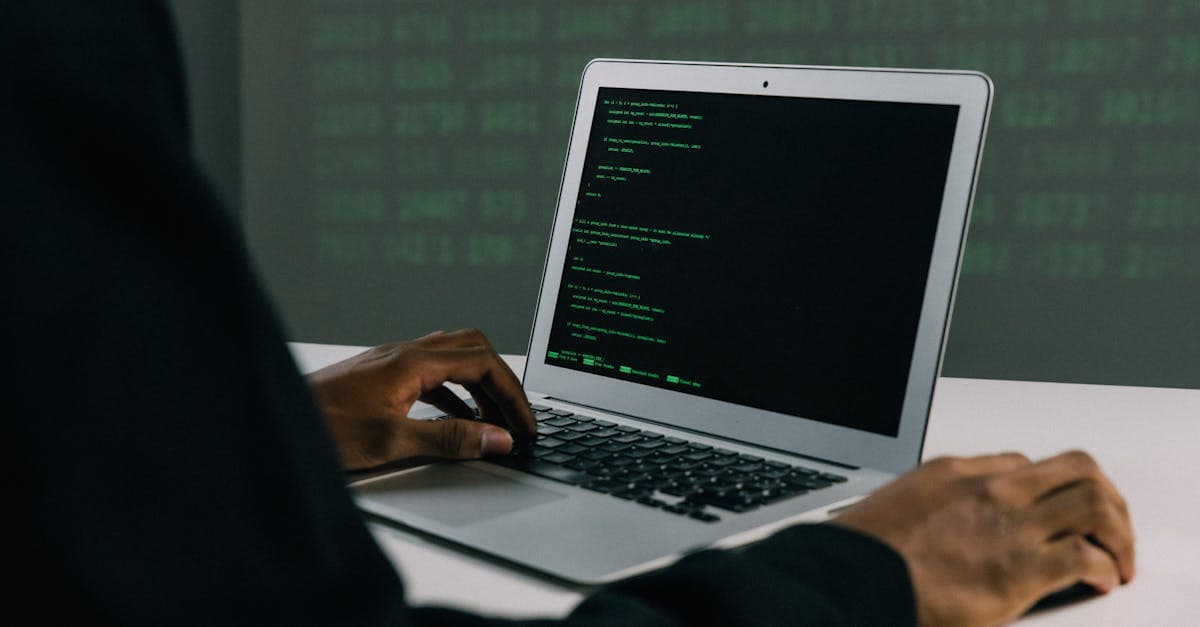Published on:
7 min read
Unraveling Criminal Justice: Navigating the Path to Fairness and Equity
In today's world, the call for fairness and equity in the criminal justice system has never been more urgent. From systemic biases to disparities in sentencing, understanding the complexities can help pave the way for meaningful reforms.

Understanding Systemic Bias
Systemic bias in the criminal justice system has been a longstanding issue, impacting the experiences of marginalized communities. Research indicates that factors such as race, socioeconomic status, and geographic location can significantly influence law enforcement practices, sentencing, and overall treatment within the system. To address these biases, it is vital to analyze the data surrounding arrests, incarceration rates, and legal representation. Organizations dedicated to criminal justice reform advocate for data transparency and community involvement to better understand these disparities. By recognizing and addressing systemic bias, we can work collectively towards fostering an equitable criminal justice system.
The Role of Community Engagement
Community engagement plays a crucial role in reshaping the landscape of criminal justice. By involving local communities in conversations about policing, policy-making, and reform initiatives, we open the door to collaborative solutions that reflect the needs of those most affected. Initiatives such as community policing aim to build trust between law enforcement and local residents, creating a more cooperative environment. Moreover, educational workshops can empower citizens to understand their rights and participate actively in local governance. Ultimately, when communities and law enforcement collaborate, the result is a more just system that prioritizes fairness and equity.
Advocacy for Reforms
Advocacy plays a pivotal role in addressing inequities within the criminal justice system. Numerous grassroots movements and organizations tirelessly work to influence policy changes, challenge discriminatory practices, and raise public awareness about injustices. Advocacy efforts focus on various issues, including bail reform, sentencing disparities, and the decriminalization of minor offenses. By harnessing the power of social media, community organizing, and peaceful protests, advocates amplify their messages and encourage public discourse around these pressing issues. It is crucial for individuals interested in creating change to engage with these movements and support reform efforts that align with the core values of fairness and equity.
Conclusion: A Collective Path Forward
Navigating the complexities of the criminal justice system requires collective effort and understanding. By addressing systemic biases, engaging communities, and advocating for necessary reforms, we can pave the way for a justice system that embodies fairness and equity. It is the responsibility of every individual to contribute to this ongoing dialogue and push for a more just society, ensuring that all voices are heard and valued.
Published on .
Share now!










